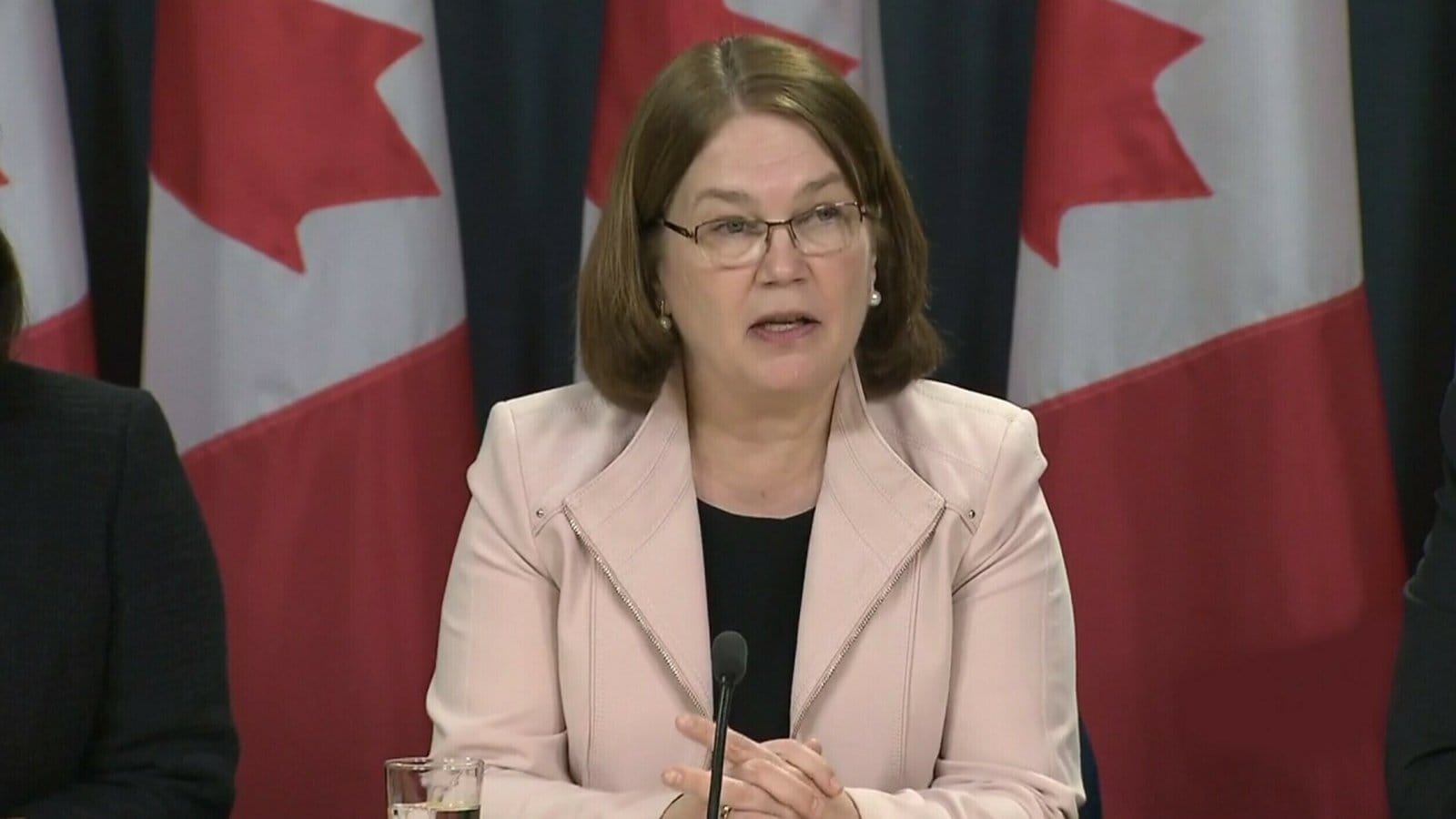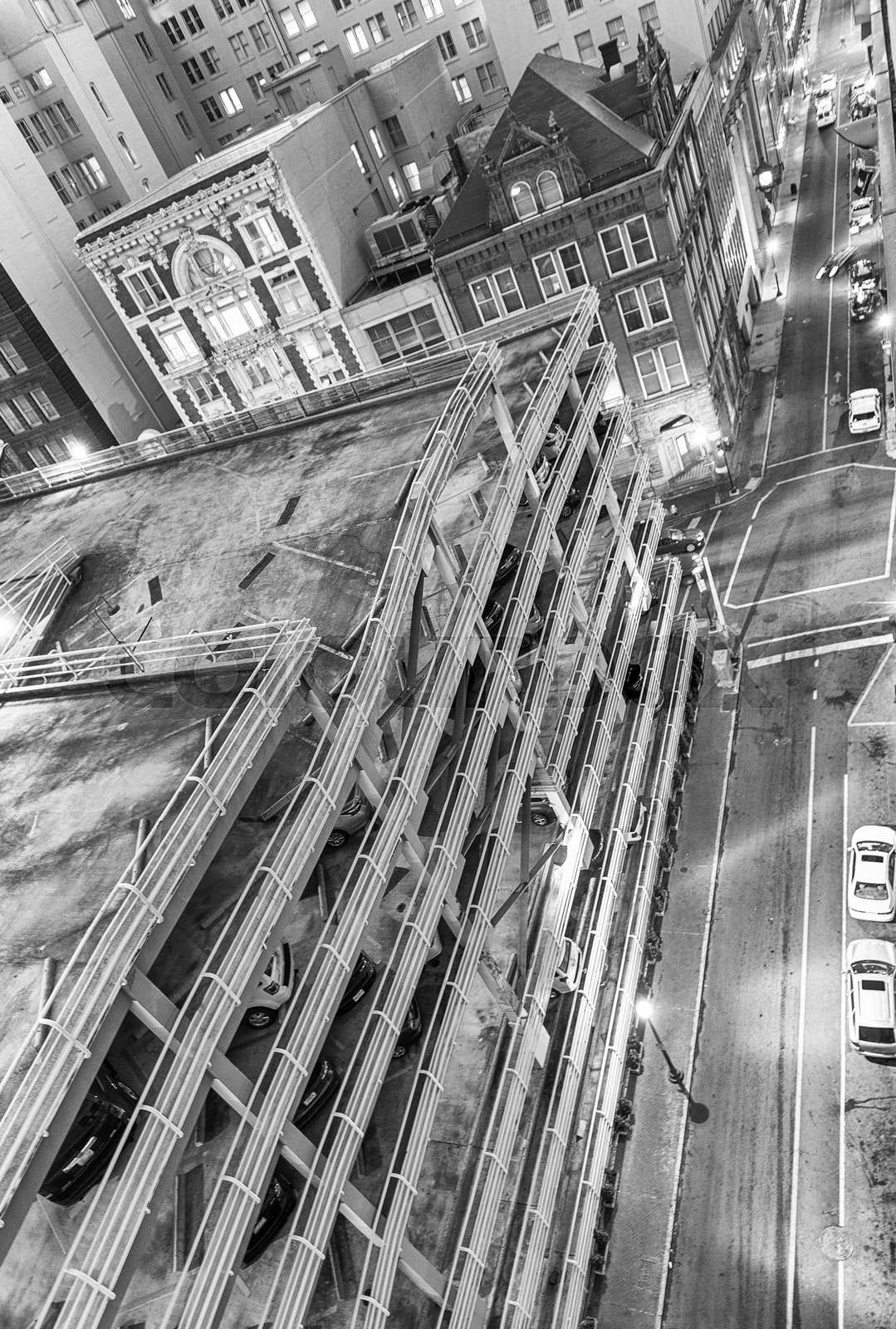The resignation of Prime Minister Justin Trudeau marks a pivotal moment in Canadian politics, ushering in a new era of leadership and the potential for significant shifts in policy and governance. Trudeau, who has been a dominant figure in Canadian politics since his election in 2015, announced his decision to step down amidst a backdrop of evolving public sentiment and political challenges. As Canada prepares for this transition, various factors will shape the political landscape in the coming months and years.
One of the immediate questions that arise following Trudeau’s resignation is who will succeed him as the leader of the Liberal Party and, consequently, as Prime Minister. The Liberal Party has a roster of potential candidates, each bringing their own vision and approach to leadership. Figures such as Deputy Prime Minister Chrystia Freeland and Minister of Health Jean-Yves Duclos have been mentioned as possible successors. Their leadership styles and policy priorities will play a crucial role in determining the direction of the party and its appeal to the electorate.
The Conservative Party, currently the main opposition, will also be closely watching the Liberal leadership race. With Trudeau’s departure, the Conservatives may see an opportunity to capitalize on any perceived weaknesses within the Liberal Party. The party has been working to redefine its image and policies under the leadership of Pierre Poilievre, and the dynamics of this competition could shift significantly depending on who emerges as the new Liberal leader. The political strategies of both parties will be critical as they prepare for the next federal election, which is expected to be closely contested.
In addition to party leadership, the resignation raises questions about key policy areas that may be affected by the change in leadership. Trudeau’s government has been characterized by its focus on climate change, reconciliation with Indigenous peoples, and social justice initiatives. The incoming leader will need to navigate these complex issues while also addressing pressing economic challenges, including inflation and housing affordability. The new Prime Minister’s stance on these matters will be scrutinized by both supporters and critics alike, as Canadians look for continuity or change in their government’s approach.
Moreover, Trudeau’s resignation could have implications for Canada’s international relations. Trudeau’s government has taken a proactive stance on global issues such as climate change and trade agreements. The new leader will have the opportunity to reshape Canada’s foreign policy and diplomatic relationships, particularly with key allies such as the United States and European nations. The international community will be watching closely to see how the new Prime Minister positions Canada on the global stage, especially in light of ongoing geopolitical tensions.
The political landscape in Canada is also influenced by the presence of smaller parties, such as the New Democratic Party (NDP) and the Bloc Québécois. These parties may seek to leverage the changes within the Liberal Party to increase their influence in Parliament. The NDP, led by Jagmeet Singh, has been vocal about progressive policies and could potentially attract voters disillusioned with the Liberal Party if it shifts away from its current platform. The Bloc Québécois, focusing on Quebec’s interests, will also be keen to position itself advantageously during this transitional period.
As Canada navigates this political shift, public sentiment will play a significant role in shaping the future of governance. Trudeau’s leadership has been met with both support and criticism over the years, and his resignation may reflect broader trends in Canadian society regarding leadership accountability and responsiveness to citizen concerns. Voter priorities may shift in response to the new leader’s policies and the effectiveness of their governance, ultimately influencing the outcome of the next federal election.
In conclusion, Canada stands at a crossroads following Justin Trudeau’s resignation. The forthcoming leadership contest within the Liberal Party will be pivotal in determining the party’s future direction and its ability to maintain power. The political landscape is poised for change, with opportunities for opposition parties to gain ground and for new policies to emerge. As the nation prepares for this transition, the implications for domestic and international policy will be significant. Canadians will be closely observing how their political leaders respond to the challenges ahead and what vision they present for the future of the country.



